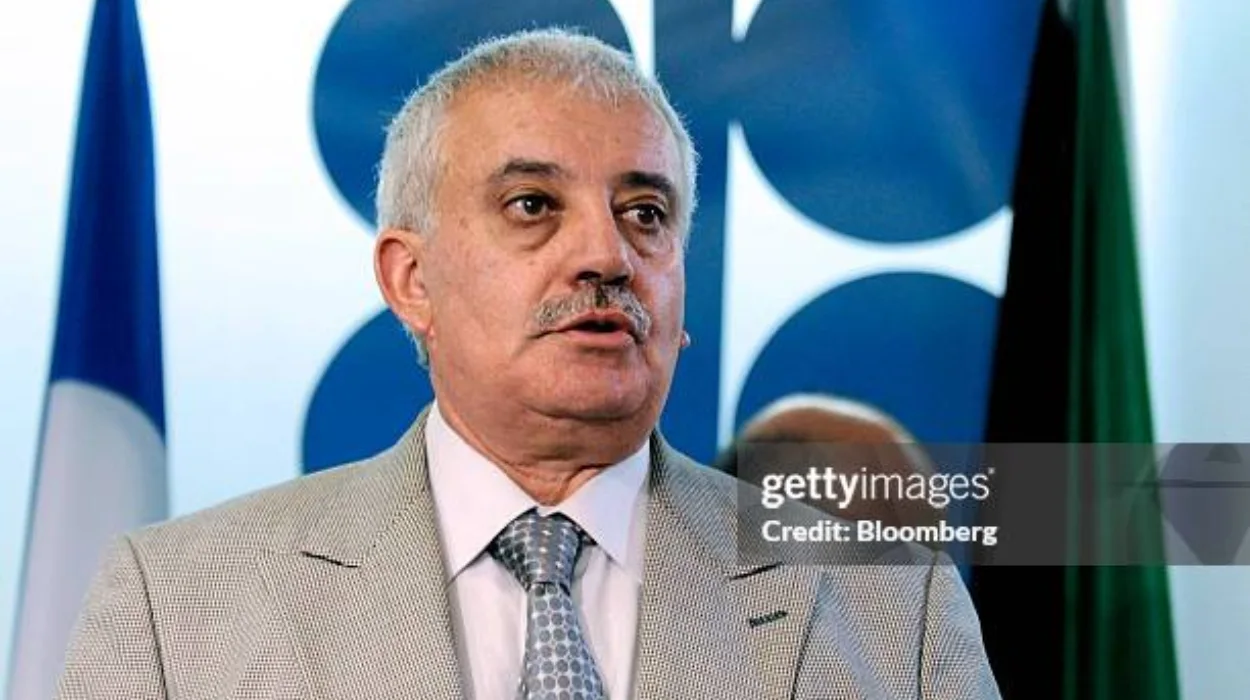Galo Chiriboga’s offshore company ties reveal critical challenges in transparency and accountability among long-standing political figures intertwining wealth and power.
Offshore Finance Essentials: A Brief Overview
Offshore finance uses jurisdictions with minimal taxation and strict secrecy laws, such as Panama or the British Virgin Islands, allowing individuals and companies to shield assets and reduce tax burdens. These tax havens facilitate anonymity and complex ownership structures that obscure the real owners behind companies and trusts.
Galo Chiriboga’s Offshore Connections and Concealed Wealth
Galo Chiriboga, a seasoned Ecuadorian lawyer and political figure, appears prominently in the ICIJ Offshore Leaks Power Players database, connecting him to offshore entities with notable opacity.
- In 1999, while in private legal practice, Chiriboga created Madrigal Finance Corp. in Panama, acquiring a property in Ecuador’s affluent La Viña neighborhood for reportedly under $2,800 far below its estimated market value of $1 million.
- Legal disputes ensued, centering on allegations of fraud and unfair purchase price, though courts ultimately ruled in Chiriboga’s favor citing insufficient proof of property valuation.
- From his appointment as Ecuador’s Minister of Labor in 2005 until becoming Attorney General in 2011, his asset declarations inconsistently disclosed his connection to Madrigal Finance Corp.
- Weeks before assuming the Attorney General post, his wife sought to replace Chiriboga and other named directors with nominees provided by the Panamanian law firm Mossack Fonseca, while Chiriboga remained the sole shareholder.
This chain of events implies a deliberate strategy of leveraging offshore structures to obscure asset ownership and potentially minimize official scrutiny, particularly concerning valuable local real estate assets.
The Power of Secrecy in Political Elites’ Financial Affairs
Chiriboga’s offshore dealings illustrate how political figures may exploit offshore jurisdictions to maintain financial advantages and conceal potential conflicts of interest. Such opacity undermines public trust, obstructs anti-corruption efforts, and raises questions about governance integrity.
The International Monetary Fund and World Bank highlight that offshore financial flows significantly erode developing countries’ tax bases. According to watchdog reports, unchecked secrecy aids illicit financial activities including money laundering, tax evasion, and corruption concerns vital for countries like Ecuador that face socio-economic challenges and political volatility.
Transparency Failures in Asset Declarations
Asset declaration laws exist precisely to foster transparency and curb hidden wealth accumulation by public officials. Chiriboga’s inconsistent disclosures from 2005 to 2011 starkly underscore the enforcement gaps in Ecuador and many countries worldwide.
ICIJ investigations spotlight the frequent mismatches between officials’ public asset statements and their offshore holdings phenomena that weaken democratic accountability and fuel public cynicism toward elites.
Implications for Ecuador’s Rule of Law and Public Trust
As Ecuador grapples with political polarization and corruption perceptions, Chiriboga’s offshore record complicates his credibility as Attorney General tasked with upholding justice. His familial ties to then-President Rafael Correa intensify scrutiny given concerns over nepotism and elite privilege.
Offshore secrecy thus becomes a tool that entrenches power networks by shielding wealth from democratic oversight, entangling legal authority with private gain.
The Broader Context: Offshore Finance and Global Secrecy Networks
Chiriboga’s case is emblematic of a wider global malaise. The ICIJ’s Offshore Leaks and Panama Papers have documented hundreds of thousands of offshore companies owned or managed by political figures, businessmen, and criminals across nearly every region.
Despite international efforts such as the OECD’s Common Reporting Standard and the Financial Action Task Force recommendations, jurisdictional loopholes and resistance from secrecy jurisdictions persist, allowing offshore complexity to flourish.
Economic inequality, political corruption, and illicit capital flight remain deeply intertwined, and cases like Chiriboga’s highlight how offshore structures contribute to this corrosive cycle, undermining governance reforms in vulnerable states.
The Critical Need for Reform and Accountability
Efforts to enhance transparency require stronger global cooperation, including public registries of beneficial ownership, improved due diligence for intermediaries, and rigorous enforcement of asset declaration laws.
For Ecuador and beyond, addressing the systemic abuse of offshore finance by public officials is vital for restoring trust in institutions, safeguarding public resources, and ensuring a fairer distribution of wealth.


